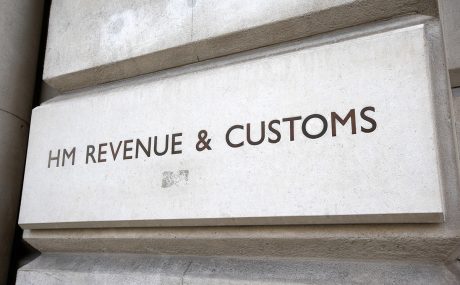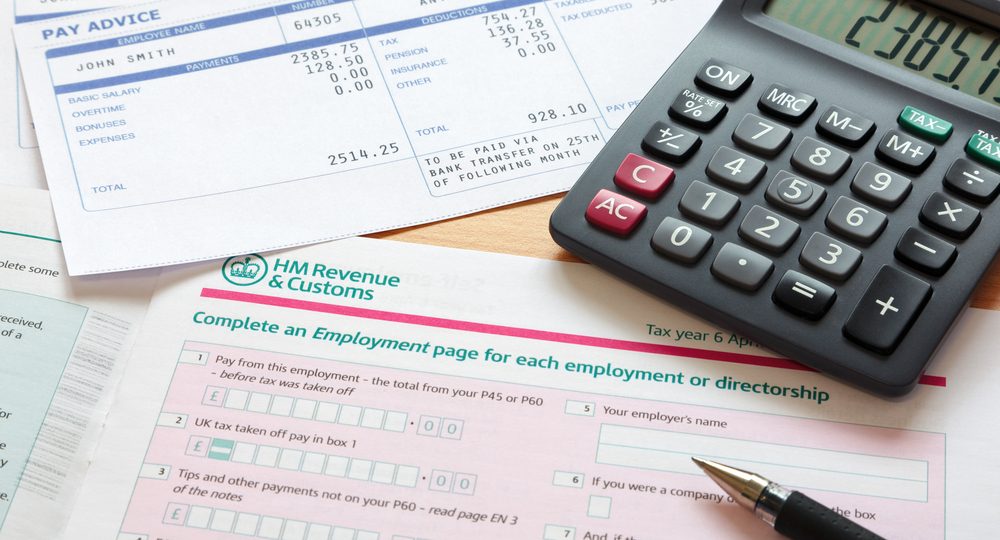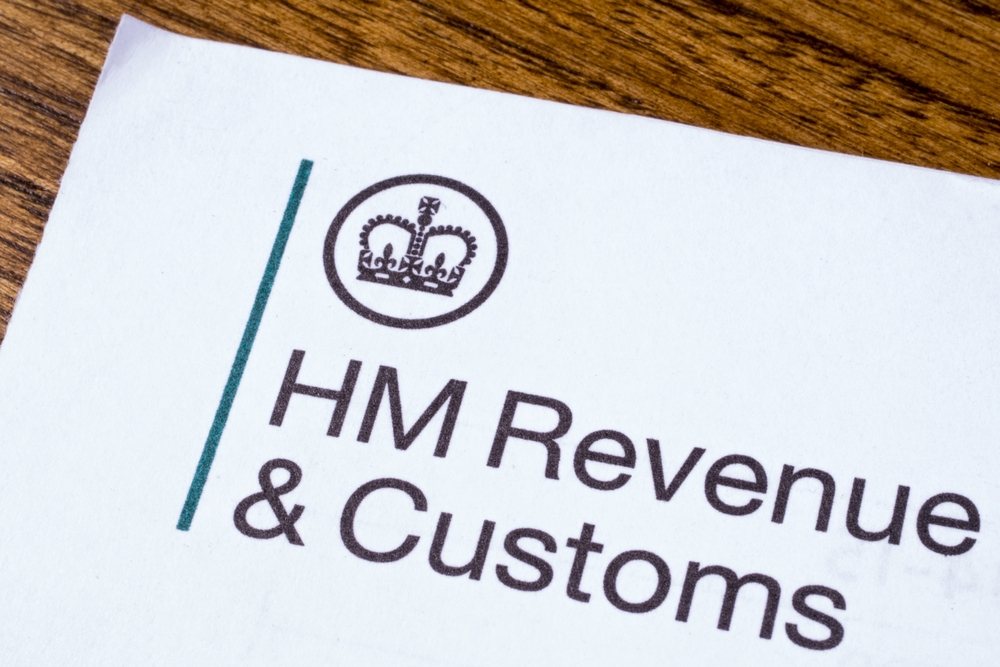Partner Giles Salmond and associate barrister Guy Bud examine the recent decision in Thyssenkrupp Materials (UK) Ltd v Revenue and Customs Comrs [2024] UKUT 00079 (TCC), in which the Upper Tribunal found against HMRC’s strict interpretation of the inward processing relief procedure.
It is no secret that importers and customs agents are often required to provide vast amounts of complex and detailed information to HMRC. The process can be daunting and difficult to navigate. It is practically inevitable some human errors will creep in. The Upper Tribunal’s decision in Thyssenkrupp Materials (UK) Ltd v Revenue and Customs Comrs [2024] UKUT 00079 (TCC) will help those who deal with customs processes better understand what the acceptable margins of error are. The case is also a salutary lesson that you should not always take what HMRC throws at you at face value. As it demonstrates, there may be strong arguments to challenge HMRC’s decision.
Background
Where no special customs procedure or exemption applies, customs duty and import VAT become payable once goods are imported into the UK. Where the relevant conditions are met, inward processing (“IP”) enables an importer to suspend such liabilities for goods imported specifically for “processing” ahead of re-export or some form of processing to allow the importer to claim relief from import duties (known as “IPR”).
There are elaborate formalities for using IP designed to ensure goods do not enter free circulation without payment of duties and VAT. It is worth bearing in mind that this is the principal objective of the customs rules, and the relevant IP authorisation contains detailed requirements for the importer to follow to allow the customs authorities to supervise duty-suspended goods. Therefore, correctly discharging these formalities can be vital for businesses that import goods and are able to use IP or other customs procedures. These rules are particularly pertinent to those in the manufacturing, processing or repair sectors, but the procedures are used for a myriad of different businesses involved in importing goods.
The facts in Thyssenkrupp were similar to those facing many importers. The taxpayer’s business imported aluminium and other materials into the UK in 2014 in order to produce aircraft components. It was authorised to use IP with a “throughput” period of six months and was required to submit a Bill of Discharge (“BoD”) each quarter, which would allow HMRC to verify that the relevant conditions had been met. The taxpayer in this case was required to submit quarterly BODs in Excel spreadsheet format, showing that goods imported under the IP authorisation had been discharged from the relief. Each BoD contained between 100,000 and 200,000 data points and related to a large number of importations.
HMRC identified information in the BoD that was inconsistent with the information entered in HMRC’s Management Support System (“MSS”) and issued a Post-Clearance Demand Note demanding suspended taxes of nearly £9m.
The legal dispute
During the period in dispute (which preceded the UK’s departure from the European Union), the conditions under which an import tax debt could arise under IP were drawn directly from EU law in the form of Article 254 of the Community Customs Code (“CCC”). This provided that a customs debt would be incurred as a result of failure to comply with “obligations” or “conditions” unless any such failure had “no significant effect on the correct operation of the […] customs procedure in question”. There was further guidance in Regulation (EEC) 2454/93 (“the Implementing Regulation”).
The First-Tier Tribunal (“FTT”) sided with HMRC, drawing heavily from C-262/10 Döhler Neuenkirchen GmbH v Hauptzollamt Oldenburg (2012) ECLI:EU:C:2012:559 decided by the Courts of Justice of the European Union (“CJEU”). As the Upper Tribunal (“UT”) summarised:
“… the FTT held that any error, including a minor and immaterial error, or any mismatch between the BoD and the MSS, can give rise to a customs debt. The FTT also held that a single error in an import or disposal line of one import entry on a BoD means that customs duty and import VAT are due on all the goods covered by the BoD.”
This was a strict interpretation of the legislation and case law and would have extremely far-reaching implications for all importers using IP and other special procedures. Considering the sheer number of data points on a complex BoD, a certain number of human errors are almost inevitable. The FTT decision implied that one alone could be sufficient to trigger a significant tax charge.
The UT decision
Many importers will be relieved to know that the UT disagreed with the FTT and struck a much more moderate stance.
Reviewing the CJEU’s historical case law on documentary errors in detail, it distinguished Döhler on the basis that it dealt with a case in which the taxpayer had failed to file any BoD at all within the prescribed time limits, or even after those time limits had been notified to the taxpayer and extended by the customs authorities. It did not follow from this, as the FTT had incorrectly found, that any documentation-related failure on a BOD must have comparable effects to those found in Döhler, where no BOD was filed at all (despite having been warned of this requirement).
The UT concluded:
“There is no dispute that the IPR regime requires strict compliance with the obligations for a relevant trader’s authorisation, and that non-compliance with those obligations may lead to a customs debt being incurred in relation to the relevant imported goods. The proposition that a single error in a single cell within a BoD will lead to a customs debt being incurred in relation to all goods covered by that BoD is, however, so disproportionate as to be entirely absurd, and we do not consider that it is supported by the Döhler judgment.”
Instead, the UT pointed to a “fundamental difference” between failure to file a BoD and filing a BoD with a small number of inadvertent and non-fundamental errors. The UT said: “The latter does not come close to representing a document that is (to adopt by analogy the words of Advocate General Slynn in [C-121/87] Bayernwald Früchteverwertung) is ‘so incomplete and inaccurate’ that it cannot fairly be described as a BoD at all.” Assuming one had been filed that met this standard, it was clear an inaccuracy would not invalidate the entire BoD.
The UT also rejected the FTT’s view that the BoD were required to contain accurate particulars allowing immediate reconciliation of the BoD data with the data held in HMRC’s MSS. This means that an error on the BoD would not trigger a charge to customs duty even in relation to the specific entry to which it relates.
Conclusion
Although concerned with a legal framework that has changed due to Brexit, the UT decision in Thyssenkrupp remains relevant and will be a major relief for many importers and businesses that regularly rely upon IP and other special procedures. The UT’s extensive consideration of how different kinds of error should be interpreted will also be important.
Import taxes remain an often-misunderstood area, and expert advice should be sought as soon as any possible dispute arises with HMRC. Although this case shows that certain errors do not lead to a customs debt, other errors may do so. It is, therefore, prudent to adhere to authorisations carefully. However, where HMRC does take issue with non-compliance with customs formalities, there may be scope to challenge assumptions made by HMRC successfully.
You can find further information regarding our expertise, experience and team on our Tax Litigation and Resolution page.
If you require assistance from our team, please contact us.
Subscribe – In order to receive our news straight to your inbox, subscribe here. Our newsletters are sent no more than once a month.







